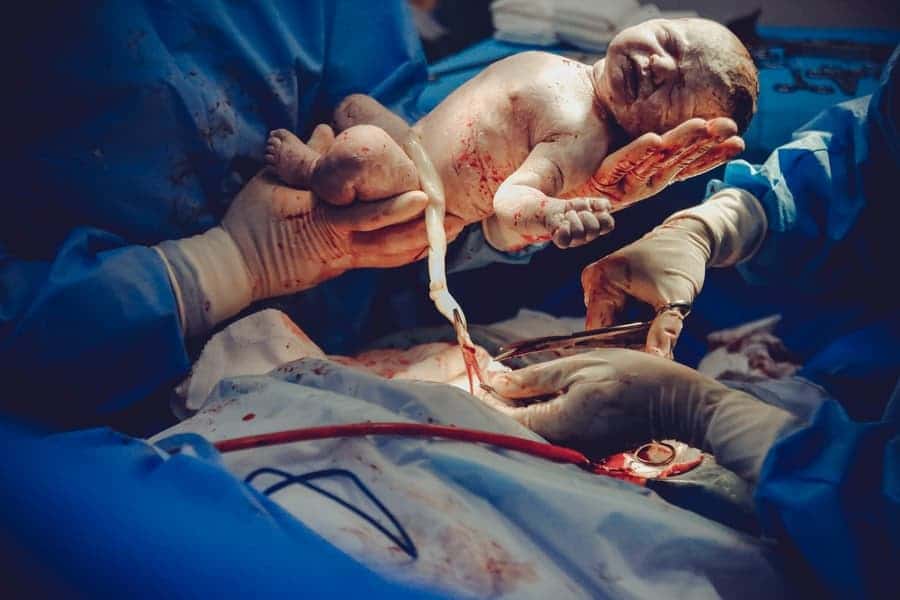
28,000 children born in the United States suffer from birth injuries every year. These injuries range from fractured bones to developmental and neurological disorders. Early in January 2022, a research was published about how a simple blood test would be able to predict pre-eclampsia, which is one of the leading causes of serious birth complications. However, until the blood test becomes available to the public, parents-to-be are recommended to take the following precautions.
Prenatal Care
Visit an OB/Gyn as soon as you find out that you’re expecting. An OB/Gyn will give you recommendations on how to have a healthy pregnancy. The OB/Gyn will also prescribe vitamins that can help prevent birth defects. Regular visits will also ensure that your healthcare provider is aware of the status of both your and the baby’s health. Typical check-ups include physical exams, weight and blood pressure checks, and monitoring of the baby’s growth and heartbeat. When something is amiss, the OB/Gyn will recommend tests that will determine if special measures need to be taken to avoid birth complications. Prenatal appointments will also give parents-to-be the opportunity to raise questions regarding pregnancy and birth.
Birth Injuries Can Still Happen
Maine is the number two state that is able to provide adequate prenatal care. There are times, however, when birth injuries still occur despite the care taken by the mother and the careful monitoring of doctors. Birth complications may result in bruising or fractures. It may even lead to severe injuries such as brain damage, which can cause cerebral palsy. Finding out that your baby has cerebral palsy can be devastating. If you believe that it was caused by a breach in the standard of care you and the baby received, choosing a cerebral palsy lawyer would be a wise step to take.
What Else Can Be Done
Some birth injuries such as bruising, caput succedaneum, or cephalohematoma resolve themselves in time. There are others like brain hemorrhage where the baby may need to stay in the neonatal intensive care unit for a while. Babies with severe injuries may have permanent damage like learning disorders or cerebral palsy. If your child has been diagnosed with a brain disorder, it will be vital to find a medical team that can help your child lead the best life and provide the appropriate care that he or she will need. The team may include surgeons, occupational and speech therapists, developmental pediatricians, and/or neurologists. It will also be helpful for parents and caregivers to seek support. In Maine, there are many organizations that aim to provide support to children with disorders and their parents and caregivers.
Competent prenatal care will help decrease the risks of birth injuries. In the event that these occur despite all efforts, medical treatments and therapeutic care are available. Financial support may also be obtained from the government in some cases through the Social Security Administration disability benefits.








